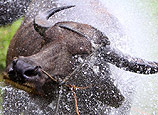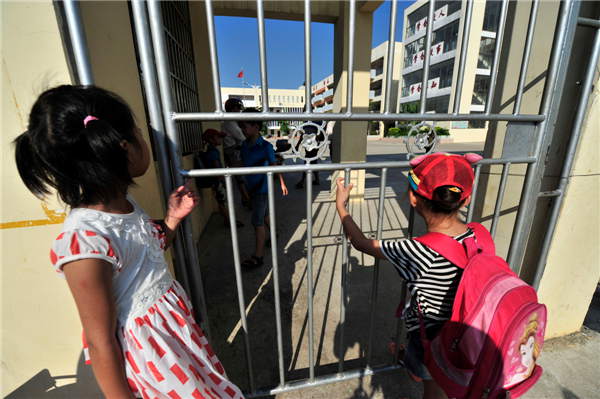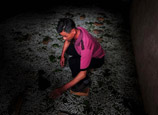
"It’s hygienic as long as they are heated properly, either boiled or fried," he said, adding that this is how people in Yunnan province prepare them.
Guo said supplies mainly come from Yunnan, where edible insects are harvested in the wild or domestically.
"The frozen insects are shipped here once a week, five kilograms at a time," he said. "Very few enterprises rear large quantities of insects."
Qinyuan county in Zibo, Shandong province, is home to the largest insect breeding base in the country. With about 200 insect farmers, it can produce 400 metric tons a year.
However, Liu Long, president of the Edible Insects Breeding Association, said investors are not rushing to enter the industry even though it generates cash and jobs.
Attempts to include insects in food management began in 1996 when what are now the China Food and Drug Administration and National Health and Family Planning Commission approved more than 30 health products containing ants. But since then, no progress has been made.
"The processing of insects should follow the same health and sanitation regulations as any other traditional food, to ensure food safety," Gao said. "The mistakes made in the livestock industry should serve as a lesson for insect farmers."
Influencing the public as well as policymakers and investors in the food sector needs more validated scientific research on the potential of insects as food, Gao said.
"Further documentation is also needed on the nutritional value of insects to more efficiently promote them as healthy food," he added.
The Kunming Institute of Zoology in Yunnan province is the nation’s major research institute in this field. However, a spokeswoman said there has been no progress in scientific results on edible insects for years.
 |


















![]()
